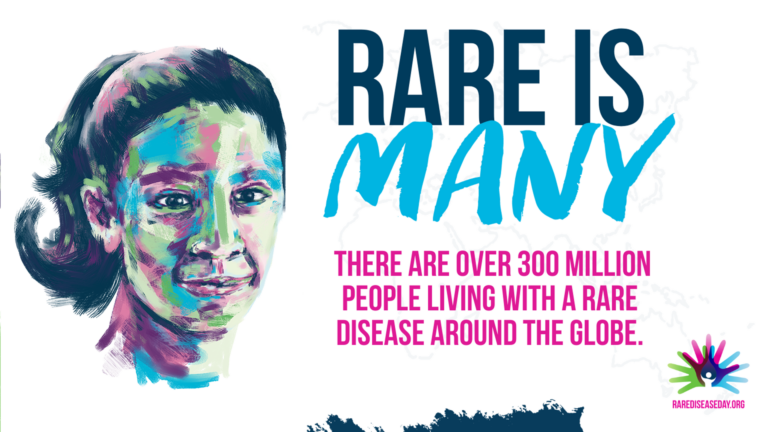
The irony of the moniker, Rare Disease, to describe a collection of diseases affecting, statistically, 5 people in every rush hour underground carriage, is now well understood. By drawing on the collective impact of Rare Disease day, the awareness platform has supported the patient and clinical community by shining a light on a group of conditions that may fly under the radar.
However, research by MHP Group and our partners, the Behavioural Science consultancy, Influence at Work, shows that ‘Identity’ is one of the primary drivers of positive and public advocacy. A campaign’s ability to connect with people on a personal and individual level and for them to say ‘this reflects my values and who I am’, is a critical success factor in engagement. This might mean, for some, the brand ‘Rare Disease’ is one step removed from the specific condition they or their loved ones live with, masking a degree of the personal connection and lived experience. The balance between collective strength and individual impact is one to manage.
Identity was just one trigger identified in our research, which comprised of quantitative polling among 5309 members of the general public and 1701 people with long-term conditions, working with our partners, Savanta.
Behavioural science tells us that as the world grows more polarised, we listen more to “people like us” and less to anyone else. More and more of what we see and hear is shaped by what people in our networks say and share. Moreover, ‘health’ does not operate in a vacuum. While people like us working in the industry consider the conditions we advocate for deserving of all necessary attention; in the real world, health is seen as a topic alongside other societal campaigns, including homelessness, climate change, gender- and race-based rights. This means, we have to work even harder to cut through, to effectively engage and make the change we are seeking.
The result is that advocates can inspire action faster and more effectively by engaging the people their audiences listen to, who will in turn then engage their own tribes. This is the domino effect we call The Network Effect.
Including identity, there are ten key factors recognised that determine whether someone is likely to advocate for a cause or campaign. These drivers and barriers provide insight on the messaging, content and campaign approach that might most effectively inspire people to take an action on rare diseases.
As we reflect on this year’s Rare Disease Day, we can see just how far the cause has come in driving awareness and action for the millions of people who live with rare conditions worldwide. Like any health-related campaign however, the movement is up against fierce competition from other cause-related movements, all vying for attention, money and time. By pausing to consider the learnings from the Network Effect, the community – and its broader supporter base, including the Health team at MHP Group, can learn how to ensure continued success and impact for many more years to come.